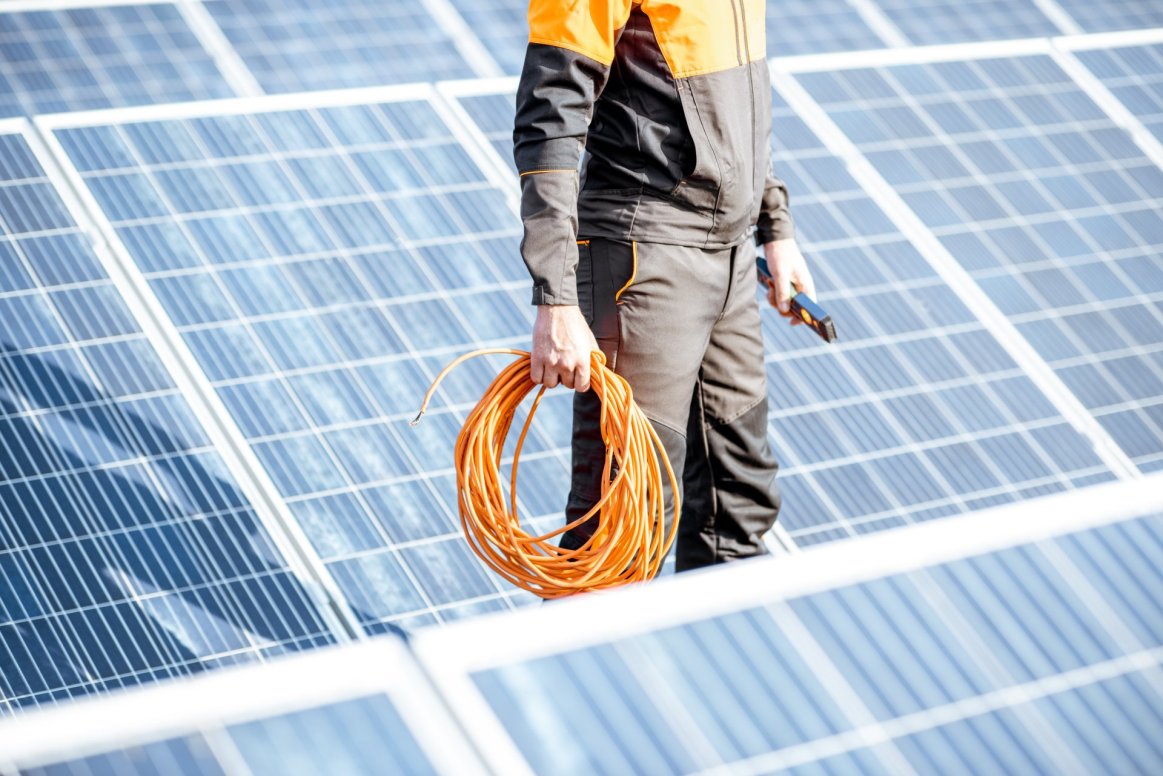
Considering aluminum wiring for your PV installation? It is widely known that the cost of copper is much greater than that of aluminum. It may seem like an easy choice given that fact alone. Let’s consider some of the advantages and disadvantages of each. Some of these factors may help you decide whether or not the two are right for the job.
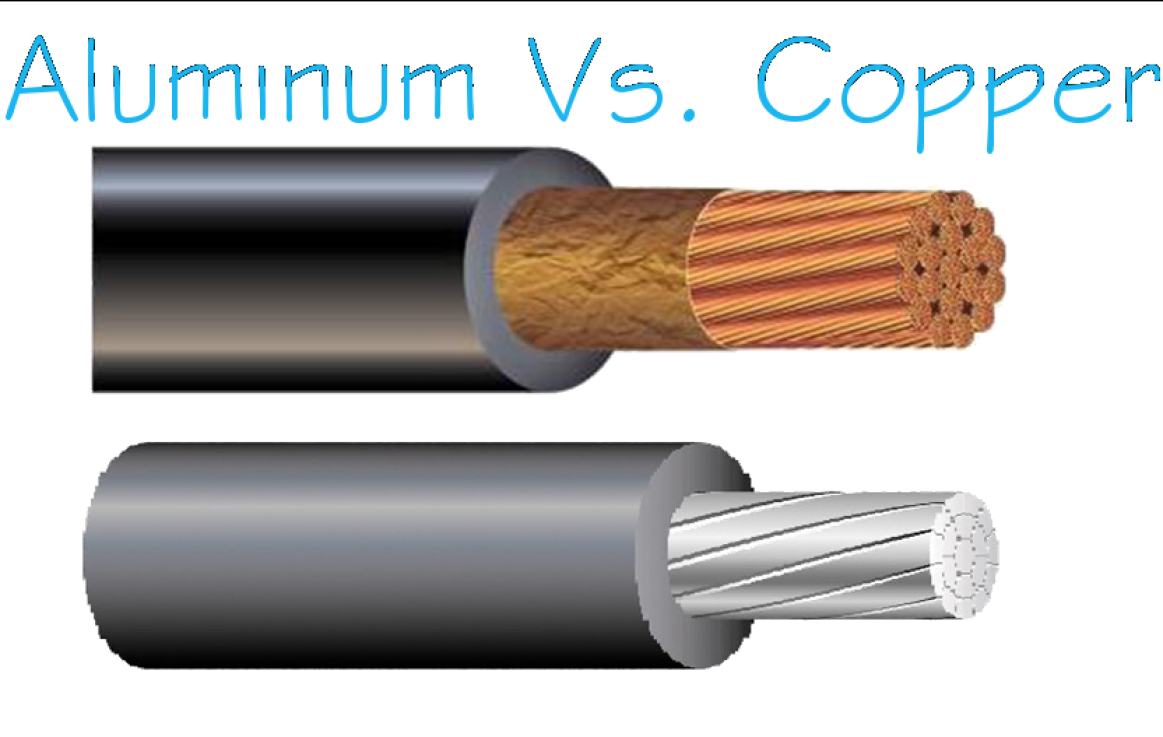
Advantages of aluminum wiring:
Aluminum is considerably less expensive than copper. This makes it more desirable to use, especially in large projects requiring extensive wiring and when runs span long distances. The cost of copper in these types of installs can easily outweigh the cost of using aluminum.
Aluminum is a lightweight material and very flexible, making it easier to work with. This characteristic may lend to faster installs with wire pulls being much quicker in long runs. However, aluminum does come with some notable disadvantages which should be considered.
Disadvantages of aluminum wiring:
Aluminum conductors are going to be larger than that of a comparable copper conductor. This requires having larger raceways and added cost. In some systems this could prove to be a disadvantage over copper.
Aluminum wiring raises potential risk for house fires if not installed with great care and diligence. Expansion and contraction cycles in aluminum have greater impact compared to use of copper. Overtime these cycles can loosen connections. If normal inspections of these connections are not performed and loose connections are not tightened there is an increased risk of fire from arching.
Aluminum is susceptible to oxidation. This occurs when it comes into contact with moisture and dissimilar metals. The oxidization increases resistance in this connection. With too much built up resistance the wire can heat up possibly melt surrounding insulation which could trigger a fire.
This is combated with anit-oxidation compound at each terminal point.
Aluminum wires require higher maintenance than copper wiring. This includes inspection of the conductors for tight connections and presence of oxidation.
Advantages of copper wiring:
Copper has greater conductivity compared to aluminum, which leads to smaller (diameter) conductors being required for use. Having smaller conductors makes installation easier where multiple conductors share the same raceway. The raceways may also be smaller compared to those needed for aluminum conductors of the same ampacity.
Copper does not go through major cycles of expansion and contraction as compared to aluminum. The tensile strength of copper allows it to bear the stresses of wear and tear over time without the same effects as aluminum. Thus it’s a much more stable material choice. Due to its high ductile properties, copper can be formed into very fine wire. This adds to the versatility of copper wire. Copper has a high tensile strength. It can undergo extreme stress but show minimal signs of wear and tear. It is virtually maintenance free. That is not to say it does not come at a cost….
Disadvantages of copper wiring:
Copper is much more expensive than aluminum. When an elaborate amount of wiring is required for a job, the overall costs of using copper may prove to be prohibitive. It is also much heavier than its aluminum counterpart which can add to the complexity of the installation. Copper wiring requires a bit more support over long distances to keep in place. This could also add up in cost in larger installs.
It may not be clear cut whether to use aluminum over copper in every situation. Each project is a little different. Careful consideration must be made when weighing your options. Cost of material, installation time, safety and overall maintenance must all be considered when determining which conductor is right for the job.
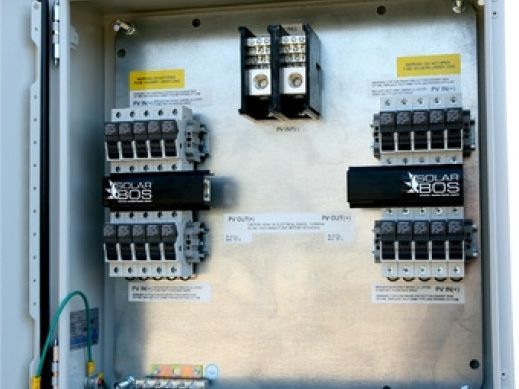
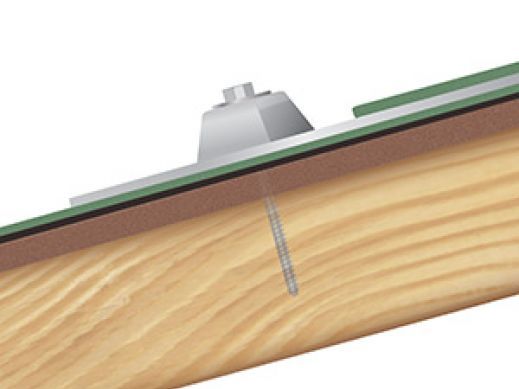
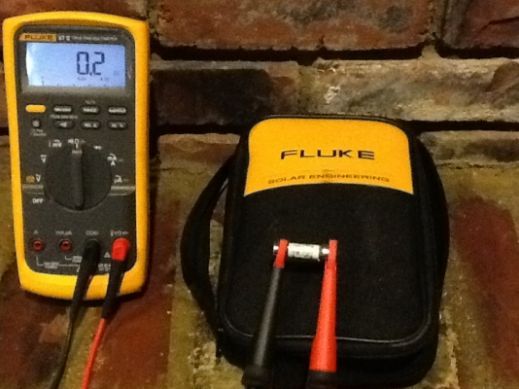
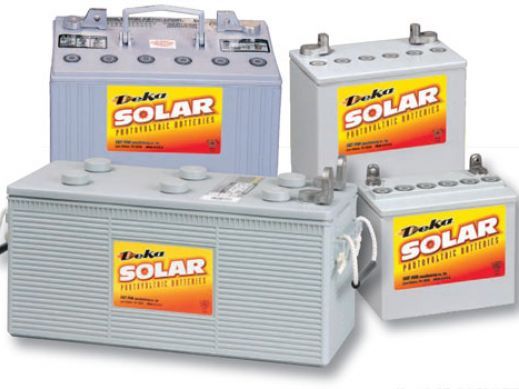
Comments
Copper is better than aluminium
Copper wiring is more stable than aluminum and smaller conductors are needed to transmit power loads. Overall all it is more durable and performs better than aluminum wiring. ... Aluminum is much lighter and malleable than copper and therefore, makes it easier to work with. - Betts Electric Blog.
considering that aluminum can carry 39% less energy for the same gauge wire for same distance and the weight saved is just 30% for the same gauge again it would mean the only pro would be the cost savings.
now if i check online for copper vs aluminum als staying the same the cost benefit is negligible so you lose 9% more than you gain. i would say copper is number one all ways.
the problem then become availability and that's where the rubber meets the road. copper is becoming increasingly rare.
In the 70s Aluminium wiring was used in homes. There was a tremendous hazard in these homes because of the thermal expansion and contraction of these cables and the connectors were causing fires.
The RadCrimp (from Amphenol) is based on the Dual Helix Spiral and this connector expands and contracts with the wire making an extremely good connection - as good as Copper. this is a Dynamic (as opposed to Static) connection that would far outlast any other Static connection.
you can find info regarding the RadCrimp at melnitechnologies.com - good luck!